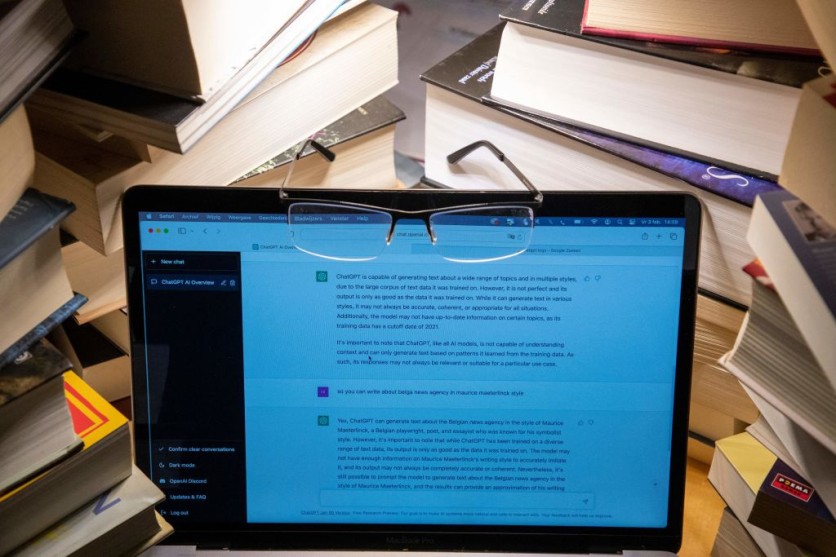The US Copyright Office is embarking on a public comment period focused on the intersection of AI and copyright matters, commencing on August 30th. This initiative is aimed at establishing a comprehensive approach to dealing with the evolving landscape.

Focusing on AI & Copyright Matters
As communicated through the Federal Register, the Copyright Office aims to address three fundamental inquiries: the utilization of copyrighted data in AI model training, the copyrightability of AI-generated content in the absence of human involvement, and the implications of copyright liability in AI-related contexts.
Bloomberg reported that while also inviting input on the potential overlap between AI and publicity rights, the office acknowledges that certain aspects might extend beyond copyright jurisdiction.
It highlights the potential consequences of AI mimicking voices, appearances, or artistic styles, which could intersect with state-based regulations pertaining to publicity and competition laws.
The copyright implications surrounding AI training data and generative AI outputs have ignited discussions across political, artistic, authorial, and civil rights circles. This complex landscape is emerging as a potential testbed for forthcoming AI regulations.
The US Copyright Office has acknowledged receiving applications for registering works that involve AI-generated content, indicating a need for informed decision-making in this domain.
Coin Geek reported that the Copyright Office's involvement in a legal dispute last year, when it denied copyright to an AI-generated image by Stephen Thaler, underscores the intricacies of this issue.
In a recent ruling, a Washington, DC court upheld the stance that copyright cannot be conferred on works created solely by AI without human involvement. The ongoing public commentary on this matter will play a pivotal role in shaping the future of copyright in AI contexts.
Artists Taking Legal Action
In the realm of generative AI, numerous prominent language models draw from publicly accessible online information. While discerning the presence of copyrighted content within a specific model's training data can be challenging, a series of legal disputes have arisen, claiming instances of copyright infringement.
For instance, The Verge reported that artists have taken legal action against generative AI art platforms such as Stable Diffusion and Midjourney, along with the art platform DeviantArt, asserting that their artwork was utilized without authorization for training AI models.
Notably, comedian Sarah Silverman and authors Christopher Golden and Richard Kadrey have also initiated legal proceedings against OpenAI and Meta, alleging the unauthorized use of their literary works to enhance ChatGPT and LLaMA.
Amid apprehensions surrounding the incorporation of intellectual property into AI models, a number of news organizations opted to block OpenAI's web crawler to deter data scraping.
Recognizing the significance of the matter, lawmakers have convened stakeholders in the AI field to deliberate on optimal strategies for regulating AI. Senate Majority Leader Chuck Schumer has even urged his colleagues to expedite rulemaking efforts concerning this technology.

ⓒ 2025 TECHTIMES.com All rights reserved. Do not reproduce without permission.




